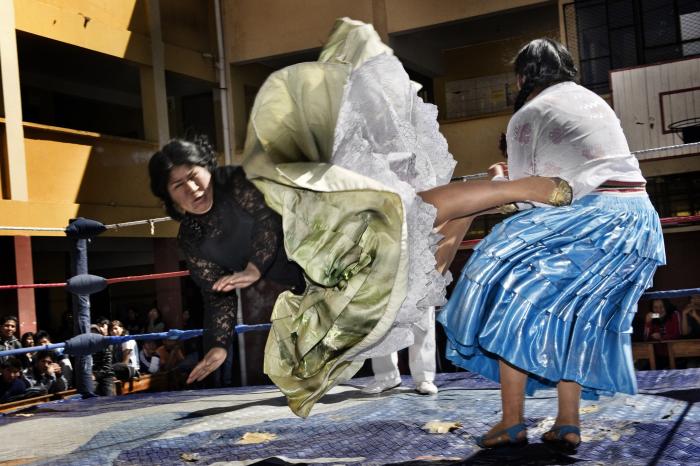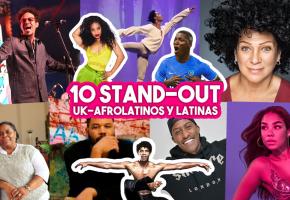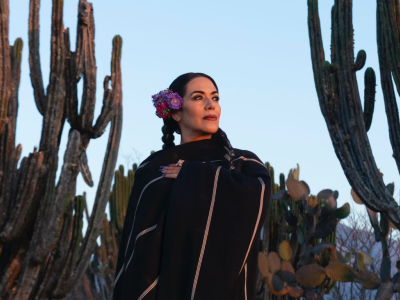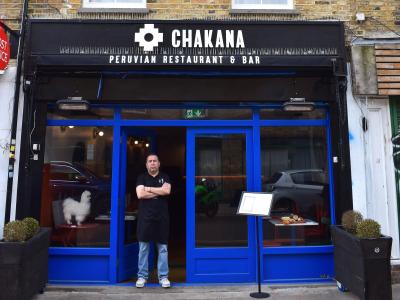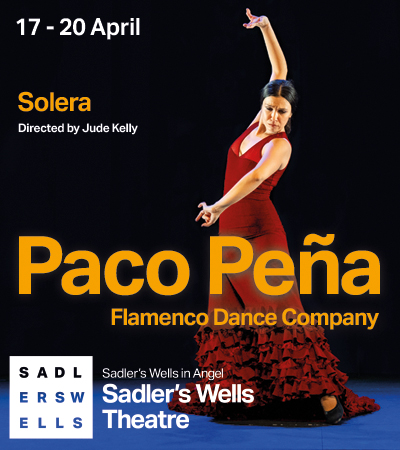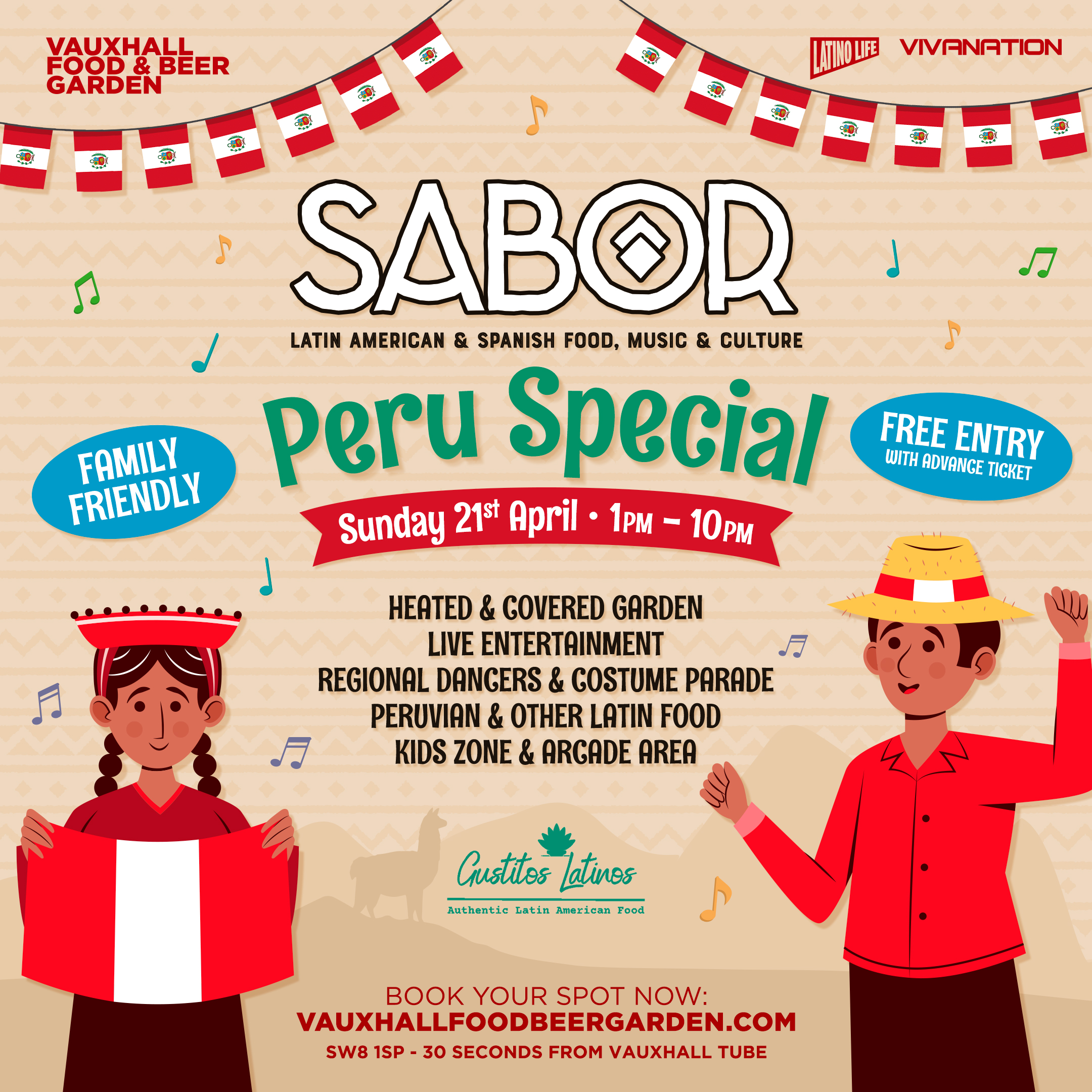Latinolife: What made you decide to fight?
Carmen Rosa: I am the biggest fan of Mexican Lucha Libre, following it from as long as I can remember. I used to go to Lucha Libre events in Bolivia and was given the opportunity to take part as a luchadora, it wasn’t easy at the beginning, but with time we got the acceptance of the people and male luchadores.
LL: When and why did the word chola become a positive, not a negative, term?
CR: I think the word chola is still regarded a negative term, although in the last few years with Evo Morales as president we have seen cholitas in politics and this has changed perceptions of us slightly.
LL: How do you balance empowerment and exploitation in what you do?
CR: I experienced a lot of discrimination in my life, but this has given me strength to go forward. So many times we cholitas were told that we would never make it in Lucha Libre and those comments encouraged us to take risks. This experience has given me the opportunity to travel, film documentaries, feature on national television and do interviews like this, so that can only be good, as long as you do not deny the politics of it.
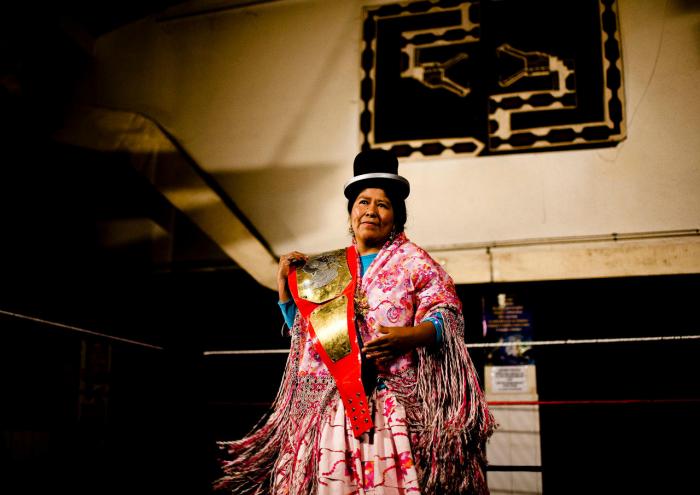
LL: How quick was the Cholitas rise to fame?
CR: I started in 2001 and it wasn’t until 2005 when things started to happen for us. It was when we go invited to Peru to record a TV programme that we received the recognition I feel we deserved.
LL: Do you think that the men who go to see the female luchadoras have the same attitude as the women, that is, that it is empowering and not a gimmick?
CR: Lucha Libre has always been a source of family entertainment for the people and men and women enjoy our shows in the same way. There are always people who go out of curiosity and will have their own ideas, but the feedback I have received has been special. It is the support from the audience that makes me love what I do, especialy fromthemselves and children.
LL: How have indigenous rights changed since Evo Morales came to power?
CR: There have been changes but not as many as promised, there are so many indigenous people who still cannot read and this things should have been a priority of this government.
LL: How have women's rights changed?
CR: Some of the rights have been written on paper, I feel there is a lot more that can be done.
LL: What influence has Morales himself had on the national and international success of the Cholitas?
CR: I would say he has had no influence whats oever, we struggled and continue to struggle and all the support has come from very few people who appreciated our work, and of course the audiences, which is the most important support of all.
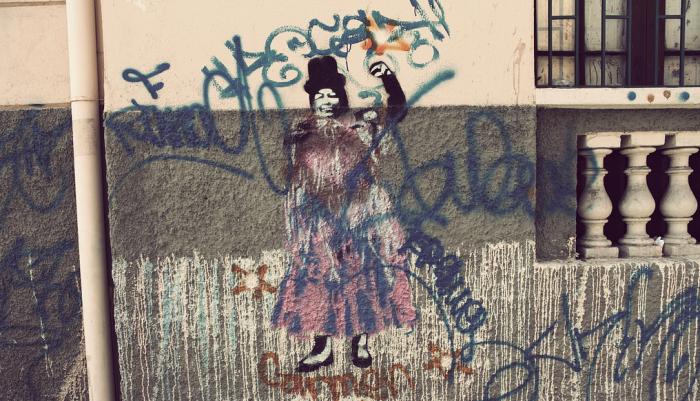
LL: How do you feel about coming to England?
CR: I feel very happy, I never imagined I would ever see England and I am going to represent Bolivian women, not just cholas but all women. Bolivian women are often told that our job is in taking care of our children or doing the housework. We are all that and much more… we can set ourselves goals and we can make them happen.
LL: Is there anything you would like to add?
CR: I feel that today we are not just luchadoras, we are part of Bolivian popular culture and anyone who hasn’t seen a Cholita on the ring, hasn’t experienced Bolivia.
Las Cholitas will be performing between 9-11 July along with other Luchadores in a family friendly festival at York Hall, London, E2 9PJ
For tickets and more info go to www.luchalibreworld.co.uk


